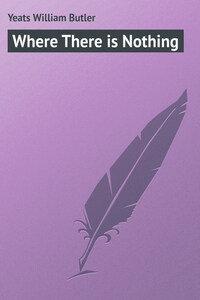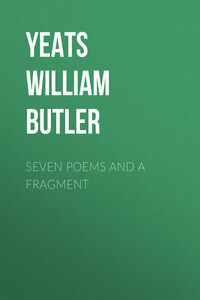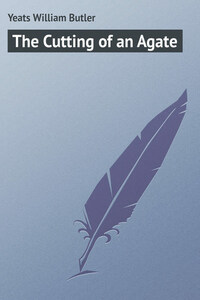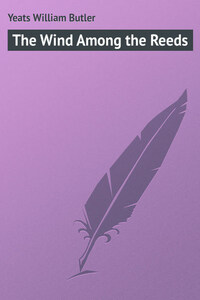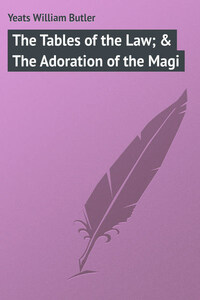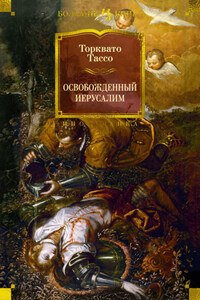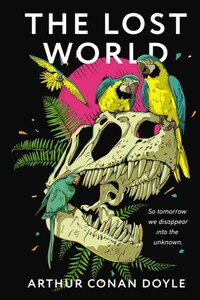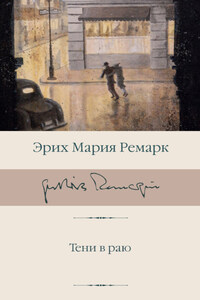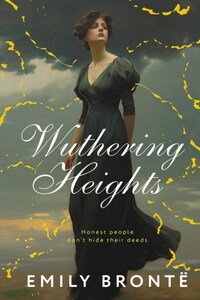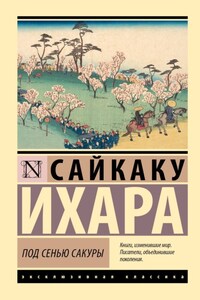DEDICATION OF VOLUMES ONE AND TWO OF PLAYS FOR AN IRISH THEATRE
My dear Lady Gregory, I dedicate to you two volumes of plays that are in part your own.
When I was a boy I used to wander about at Rosses Point and Ballisodare listening to old songs and stories. I wrote down what I heard and made poems out of the stories or put them into the little chapters of the first edition of "The Celtic Twilight," and that is how I began to write in the Irish way.
Then I went to London to make my living, and though I spent a part of every year in Ireland and tried to keep the old life in my memory by reading every country tale I could find in books or old newspapers, I began to forget the true countenance of country life. The old tales were still alive for me indeed, but with a new, strange, half unreal life, as if in a wizard's glass, until at last, when I had finished "The Secret Rose," and was half-way through "The Wind Among the Reeds," a wise woman in her trance told me that my inspiration was from the moon, and that I should always live close to water, for my work was getting too full of those little jewelled thoughts that come from the sun and have no nation. I had no need to turn to my books of astrology to know that the common people are under the moon, or to Porphyry to remember the image-making power of the waters. Nor did I doubt the entire truth of what she said to me, for my head was full of fables that I had no longer the knowledge and emotion to write. Then you brought me with you to see your friends in the cottages, and to talk to old wise men on Slieve Echtge, and we gathered together, or you gathered for me, a great number of stories and traditional beliefs. You taught me to understand again, and much more perfectly than before, the true countenance of country life.
One night I had a dream almost as distinct as a vision, of a cottage where there was well-being and firelight and talk of a marriage, and into the midst of that cottage there came an old woman in a long cloak. She was Ireland herself, that Cathleen ni Hoolihan for whom so many songs have been sung and about whom so many stories have been told and for whose sake so many have gone to their death. I thought if I could write this out as a little play I could make others see my dream as I had seen it, but I could not get down out of that high window of dramatic verse, and in spite of all you had done for me I had not the country speech. One has to live among the people, like you, of whom an old man said in my hearing, "She has been a serving-maid among us," before one can think the thoughts of the people and speak with their tongue. We turned my dream into the little play, "Cathleen ni Hoolihan," and when we gave it to the little theatre in Dublin and found that the working people liked it, you helped me to put my other dramatic fables into speech. Some of these have already been acted, but some may not be acted for a long time, but all seem to me, though they were but a part of a summer's work, to have more of that countenance of country life than anything I have done since I was a boy.
W. B. Yeats.
Feb. 1903.
Scene: A lawn with croquet hoops, garden chairs and tables. Door into house at left. Gate through hedge at back. The hedge is clipped into shapes of farmyard fowl. Paul Ruttledgeis clipping at the hedge in front. A table with toys on it.
Thomas Ruttledge. [Coming out on steps.] Paul, are you coming in to lunch?
Paul Ruttledge. No; you can entertain these people very well. They are your friends: you understand them.
Thomas Ruttledge. You might as well come in. You have been clipping at that old hedge long enough.
Paul Ruttledge. You needn't worry about me. I should be bored if I went in, and I don't want to be bored more than is necessary.
Thomas Ruttledge. What is that creature you are clipping at now? I can't make it out.
Paul Ruttledge. Oh, it is a Cochin China fowl, an image of some of our neighbours, like the others.
Thomas Ruttledge. I don't see any likeness to anyone.
Paul Ruttledge. Oh, yes there is, if you could see their minds instead of their bodies. That comb now —
Mrs. Ruttledge. [Coming out on steps.] Thomas, are you coming in?
Thomas Ruttledge. Yes, I'm coming; but Paul won't come.
[Thomas Ruttledgegoes out.
Mrs. Ruttledge. Oh! this is nonsense, Paul; you must come. All these men will think it so strange if you don't. It is nonsense to think you will be bored. Mr. Green is talking in the most interesting way.
Paul Ruttledge. Oh! I know Green's conversation very well.
Mrs. Ruttledge. And Mr. Joyce, your old guardian. Thomas says he was always so welcome in your father's time, he will think it so queer.
Paul Ruttledge. Oh! I know all their virtues. There's Dowler, who puts away thousands a year in Consols, and Algie, who tells everybody all about it. Have I forgotten anybody? Oh, yes! Colonel Lawley, who used to lift me up by the ears, when I was a child, to see Africa. No, Georgina, I know all their virtues, but I'm not coming in.
Mrs. Ruttledge.
